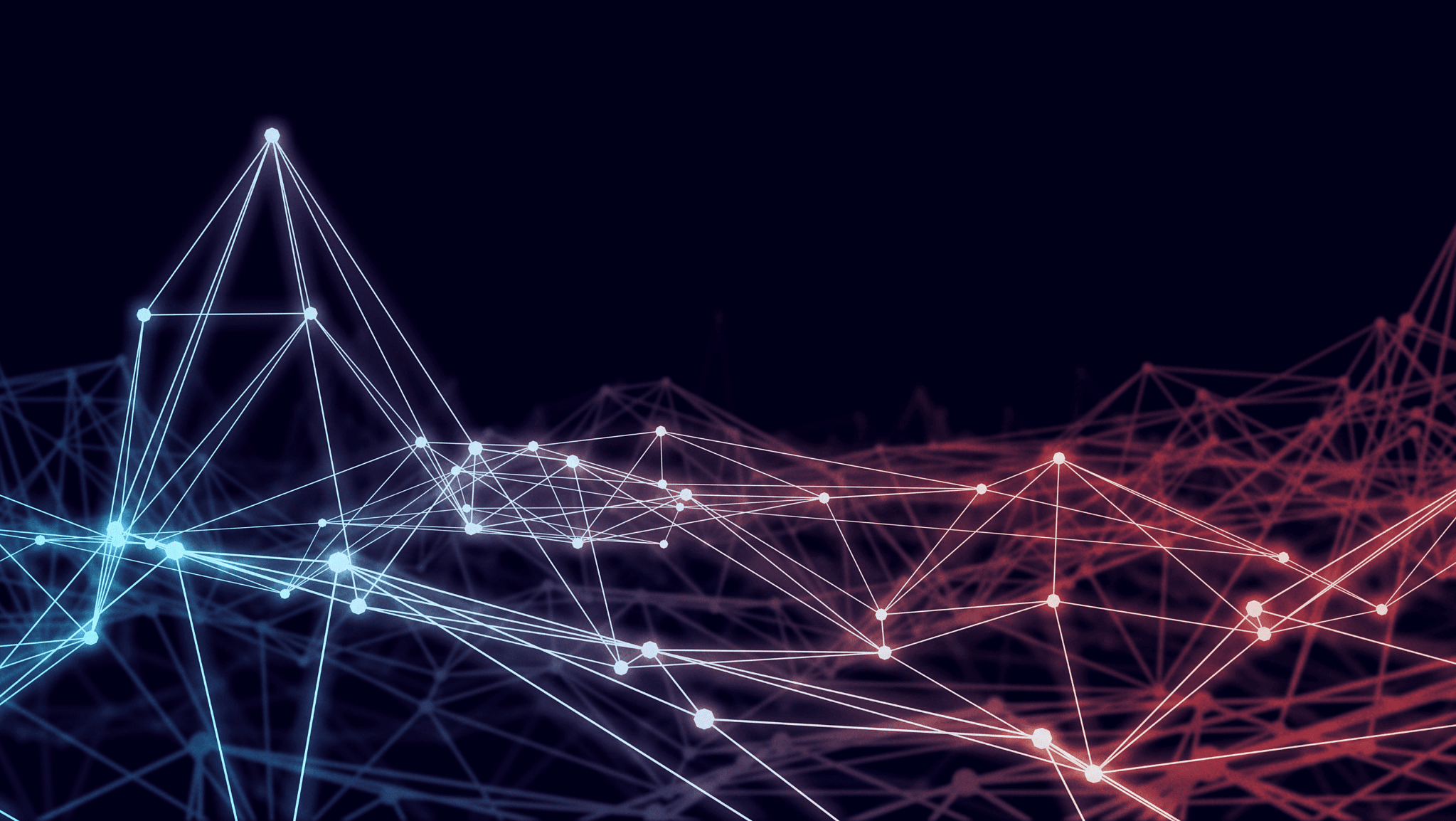Remember when all cars had manual transmissions and drivers had to constantly operate the gear stick and clutch to change gears, hoping that the car would not stall at a red light or on a steep hill? It’s hard to believe how challenging driving was now that we have automatic transmissions to abstract that manual operation away and allow people to just drive. And soon we’ll have autonomous vehicles that don’t need a driver at all and a computer makes all the optimal decisions!
It’s amazing how far we’ve come in removing manual operations from driving, but so many industries are still stuck in the “stick shift” era. However, technologists are increasingly seeking opportunities for automation. Autonomy is being applied to a broad set of use cases, ranging from forklifts (Third Wave Automation) and warehouse robots (6 River Systems, acquired by Shopify) to contact centers (Replicant) and IT service management (AiSera). At Norwest, we’ve been squarely focused on pain points that could be resolved with automation to determine which industries are primed to move beyond the “stick shift” era.
Autonomous Management for SREs
One function in need of an automation paradigm shift is the way businesses manage software infrastructure, specifically site reliability engineering. This team focuses on the reliability of behind-the-scenes systems within an organization that help make other teams’ jobs more efficient.
Today, almost all site reliability engineers (SREs) drive stick shifts. With current technology, it can take 15-30 minutes before an SRE is even alerted of an issue with an application. Once an issue has been detected, an SRE will have to locate the root cause, find the fix, validate it, apply the solution, and confirm the issue has been fixed, a process that can take hours.
As data volumes and the number of applications in deployment increase, it’s no longer feasible for humans to manually analyze all the data comprised in issues. Additionally, businesses no longer have the luxury of responding to issues after they occur. They must be proactive and address potential issues before they impact an end user’s experience.
What if SREs had a solution that would make them feel like drivers did when they switched to automatic transmissions? Better yet, what if they could leap from stick shifts all the way to self-driving vehicles equipped with a completely autonomous system that can make adjustments in production? Imagine a world where an SRE never even receives an alert, but uptime and latency are fully optimized.
Sedai and the Future of Site Reliability
This is precisely the vision of Sedai and why we’re so excited to announce our investment to lead their Series A.
Sedai is the first company to offer an autonomous SRE platform that leverages AI and ML to understand and proactively address issues in production safely. Their platform helps SREs efficiently manage cloud applications for latency, uptime availability, and cost savings. The Sedai platform has proven that it can cut down SREs’ workloads by 60 percent while having 99.99 percent availability, 75 percent reduction in latency, and 30 percent reduction in cloud cost. And because of Sedai’s agentless approach, it can be set up in just 5 minutes.
Sedai’s founding team proved this technology at scale during their tenures at PayPal. CEO Suresh Mathew, who as at PayPal for over a decade, served most recently as a Senior MTS Architect. His Co-Founder and COO Benjamin Thomas was a Senior Manager of Cloud Computing. Together, they built the technology as an in-house project to alleviate the pain points of trying to manage a scaled infrastructure efficiently. That project is now doing more than two million autonomous remediations per year. After seeing the value their system created at PayPal, Suresh and Benjamin started Sedai to bring this technology to the market.
The company’s name, which comes from a fantasy novel concept, means healing, and we’re starting to see Sedai manifest this reference in real life for its customers, who are ecstatic about the impact the platform is making.
We’re proud to back the Sedai team, who bring exceptional experience and the right skills to make the future of site reliability autonomous.

